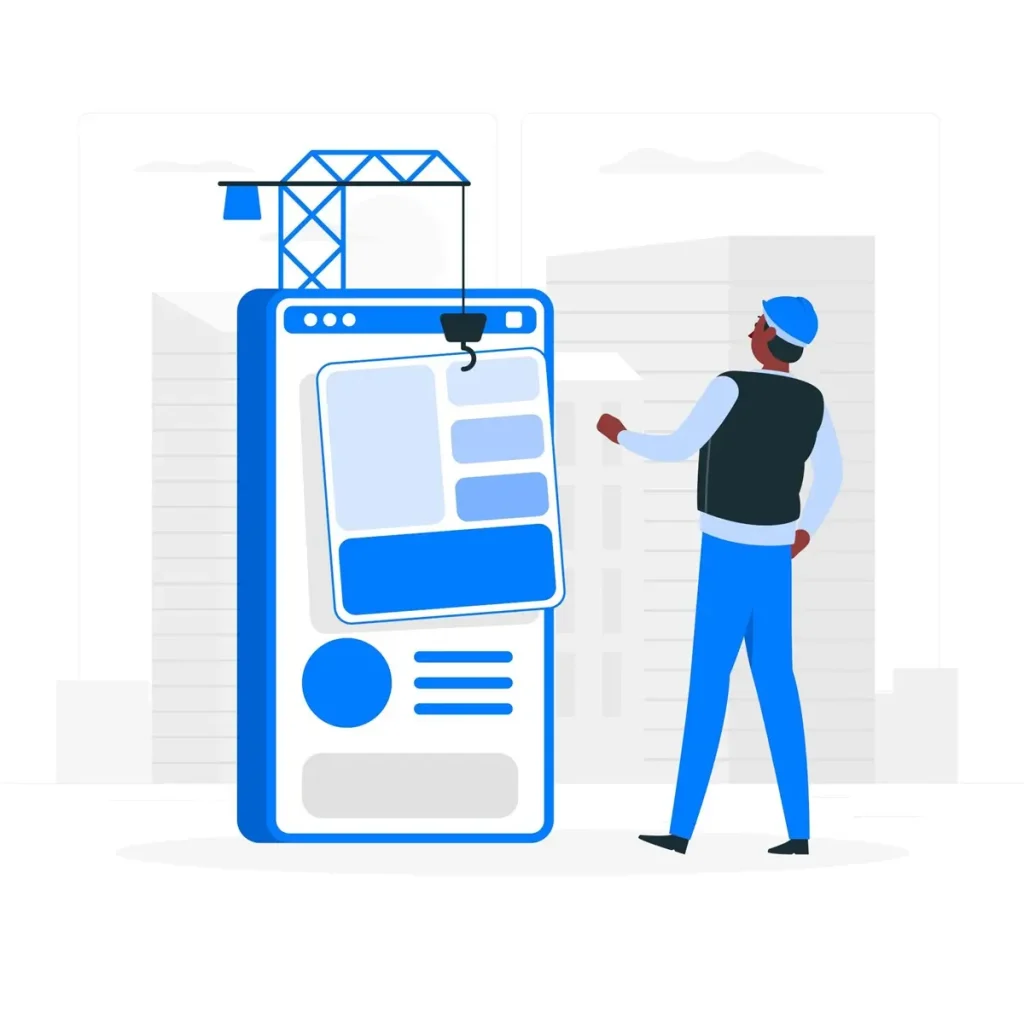
Surveys for middle schoolers are a powerful tool to gather valuable insights from this dynamic age group. As students transition into adolescence, their opinions and preferences evolve rapidly, making it essential to understand their perspectives.
By implementing engaging surveys for middle schoolers, educators and researchers can tap into the thoughts and feelings of middle schoolers on various topics, from education to social issues.
These surveys not only foster critical thinking but also empower students to express themselves, contributing to a more inclusive learning environment. Explore how effective survey design can unlock meaningful data while keeping middle schoolers engaged and motivated.
Why Interest Surveys for Middle Schoolers Matter
Understanding Students’ Passions
Interest surveys allow educators to peek into the minds of their students, uncovering what excites them. Knowing what students are passionate about helps in tailoring lessons, activities, and projects that can make learning more relevant and enjoyable.
Building Stronger Connections
When teachers understand their students’ interests, they can create a more personalized learning experience. This connection can lead to a more positive classroom environment, where students feel seen and understood.
Guiding Future Choices
Early exposure to a variety of subjects can guide students in making informed decisions about their future. Interest surveys can help identify potential career paths or hobbies that students might want to pursue further.
Key Elements of an Effective Interest Survey
Keep It Simple and Fun
Middle schoolers have short attention spans, so it’s important to keep the survey straightforward and engaging. Use simple language and avoid making the questions too complex. Incorporating elements of fun, like colorful designs or interactive formats, can make the survey more appealing.
Mix Up the Question Types
Variety is key to maintaining interest. Use a mix of multiple-choice questions, open-ended questions, and rating scales. This not only keeps students engaged but also provides richer data.
You Must Know
Create Engaging Voice Surveys: Boost Response Rates & Insights
Conducting Phone Service Surveys: Get Actionable Customer Feedback
Be Inclusive and Non-Judgmental
Ensure that the survey is inclusive and respects all students’ interests. Avoid leading questions or those that might make students feel judged. The goal is to create a safe space where students feel comfortable sharing their true interests.
Crafting the Perfect Questions
Start with Ice-Breakers
Begin with a few light-hearted, ice-breaker questions to ease students into the survey. Questions like “What’s your favorite hobby?” or “If you could have any superpower, what would it be?” can set a fun tone.
Dig Deeper into Interests
Once students are comfortable, move on to more detailed questions about their interests. Ask about their favorite subjects, activities they enjoy outside of school, and any skills they would like to learn.
Include Future Aspirations
Encourage students to think about the future by asking questions like “What do you want to be when you grow up?” or “What new skill would you like to learn in the next year?” These questions can help in understanding their long-term interests and goals.
Implementing the Surveys for Middle Schoolers Results
Analyze the Data
Once the surveys are completed, take the time to analyze the results carefully. Look for patterns and common themes. This data can provide valuable insights into your students’ interests and help in planning future lessons and activities.
Personalize Learning Experiences
Use the survey results to personalize your teaching approach. If many students show an interest in a particular subject, consider incorporating more related activities or projects into your curriculum.
Foster a Collaborative Environment
Share the survey results with your students and encourage them to collaborate on projects that align with their interests. This can foster a sense of community and make learning more enjoyable.
Overcoming Common Challenges
Ensuring Honest Responses
One common challenge with interest surveys is ensuring that students provide honest responses. To encourage honesty, emphasize that there are no right or wrong answers and that the survey is a tool to help make their learning experience better.
Dealing with Diverse Interests
In a classroom of diverse students, interests will vary widely. To address this, try to find common themes and group similar interests together. This can help in creating activities that appeal to a broader range of students.
Keeping the Surveys Updated
Interests can change rapidly, especially in middle school. Regularly updating and conducting interest surveys can ensure that you stay in tune with your students’ evolving passions.
Practical Tips for Success
Use Digital Tools
Consider using digital tools to create and administer the surveys. Tools like Google Forms or SurveyMonkey can simplify the process and make it more interactive for students.
Encourage Parental Involvement
Involving parents in the survey process can provide additional insights. Encourage students to discuss the survey with their parents and include any relevant feedback they might have.
Celebrate Diversity
Celebrate the diversity of interests in your classroom. Create opportunities for students to share their passions with their peers, whether through presentations, projects, or class discussions.
Conclusion: Surveys for Middle Schoolers Matter
Engaging interest surveys are a powerful tool for sparking curiosity and understanding the passions of middle schoolers. By designing surveys that are simple, fun, and inclusive, educators can gain valuable insights that help in creating a more personalized and engaging learning experience.
Remember, the goal is to make students feel seen and understood, fostering a classroom environment where every student can thrive. So, start crafting those surveys and watch your students’ curiosity ignite!
Engaging interest surveys are more than just a tool they are a bridge to understanding and inspiring the young minds in your classroom. With thoughtful design and implementation, you can transform your students’ learning experience and help them discover the joy of learning.




